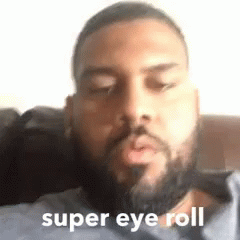Moonglow
Diamond Member
I have already posted that answer and it doesn't change because :Where in the Constitution does it say that? How can an election process that has been established by legislature and signed by the Governor a year prior to an election be considered unconstitutional? If it was unconstitutional why did Texass wait until after the election to sue?There was not a case of corruption it was a case of how one legislative body made voting rules that other states did not like.
The truth is, the Texas Lawsuit is about government officials engaging in and condoning unconstitutional election practices.
The Supreme Court, by refusing to address and resolve the various unconstitutional practices mentioned in the Texas Bill of Complaint, is to allow even more corruption and voter irregularities into our federal election process, which most assuredly will lead to the kinds of elections which take place in Venezuela, Cuba, etc. And this is very frightening.
JWK

Your deflections are noted. It is irrelevant as to when a violation of our Constitution is brought to the attention of our Supreme Court.
The Supreme Court, by refusing to address and resolve the various violations of our federal Constitution raised in the Texas Bill of Complaint, is to allow even more corruption and voter irregularities into our federal election process, which most assuredly will lead to the kinds of elections which take place in Venezuela, Cuba, etc.
In any event, I see you never attempted to answer the fundamental question: what is the rational and legal reasoning to believe Texas did not have standing, and did not raise a judicially cognizable interest in the manner in which the defendant States conducted their elections?
JWK
1. You ignore it.
2. Don't wanna accept it.
It is your problem that you can't accept that the Supreme Court knows what it is doing and you try to tell them, oh, no you don't know jack because I'm some dipshit on a message board.

